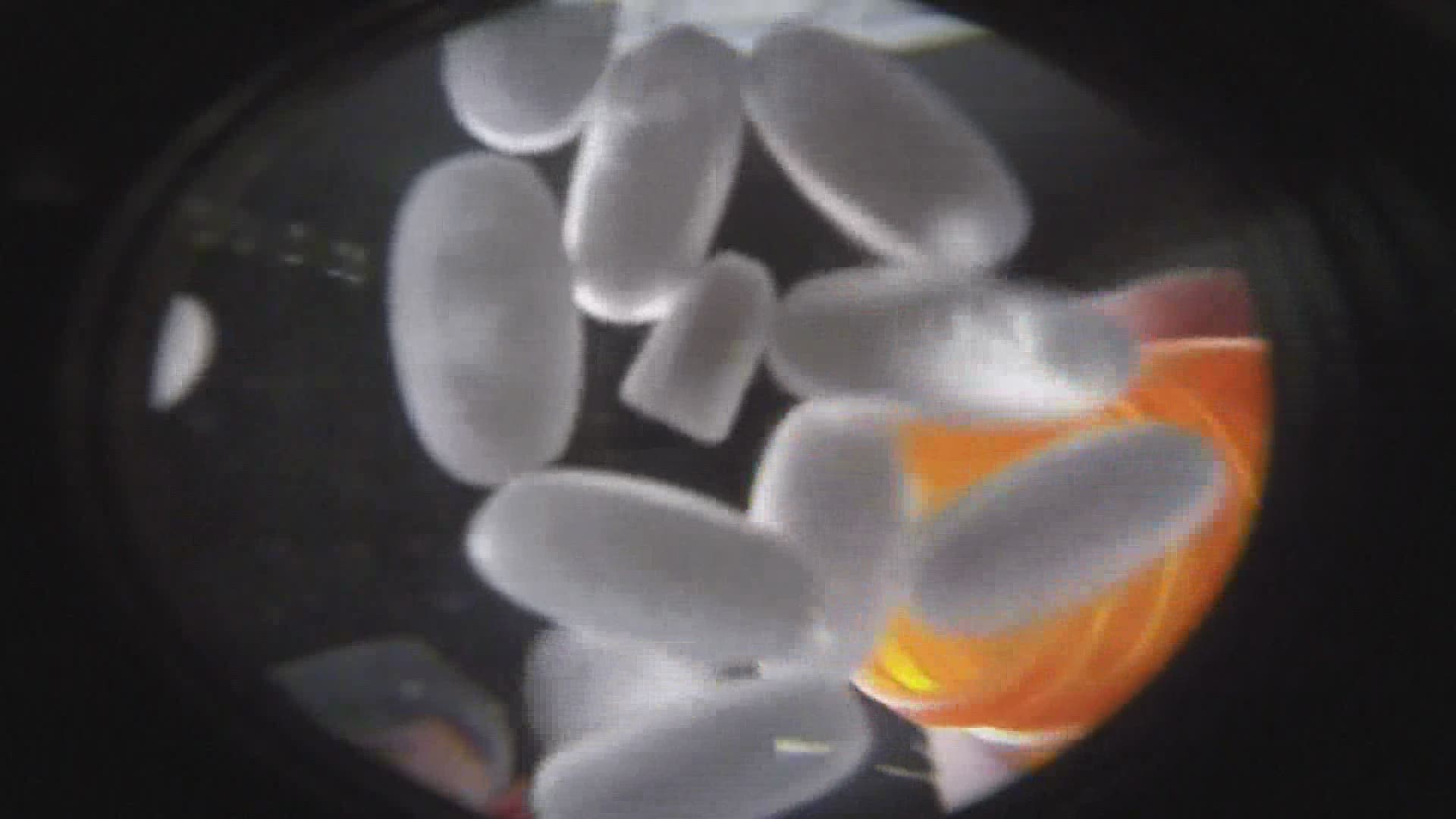PORTLAND, Maine — As drug overdose deaths rise in our state, many are tasked with examining the question: How do you spot addiction in a loved one before it's too late?
Susan Lamoureaux said she missed the warning signs and doesn't want any other parent to go through what she did.
"I had no idea what was going on," Lamoureaux said. "I had no idea there was this drug out there."
That drug-- heroin. Addiction to opioids like heroin can happen overnight. That's what Susan Lamoureux said happened to her daughter Lexi during her freshman year in college.
"When Lexi said she tried heroin at 19 years old, I [said], 'Heroin? What are you talking about? Where's heroin? Heroin is Jimmy Hendrix and Janice Joplin! What are you talking about?!'"
Lamoureux said once someone becomes addicted, those feelings never go away.
"You don't treat it! You try to help them live with it because the obsession never ceases. It's always in there!"
Nine years after trying heroin for the first time, and multiple stays in rehab, Lexi lost her battle to drug addiction. She died from an overdose at age 28.
Drug and alcohol prevention specialist Barbara Sullivan said it's rare for teens to begin experimenting with substances using opioids.
"Teens don't start with harder drugs. An introduction to use is usually through alcohol, marijuana, or vaping," Sullivan said.
Before speaking with kids about drugs and alcohol, Sullivan suggests parents educate themselves.
"I would never think of going into a classroom filled with teenagers and saying, 'Oh well I've heard,' I need to be educated and so do parents."
A silver lining of the pandemic, Sullivan said it's that families are spending more time together and parents getting to know their children better. As a result, parents are better able to detect behavioral changes in their kids.
"When you're looking at warning signs-- the parent knows the child, the parents know when something is not right or when something is different," Sullivan said.
According to the Hazelden Betty Ford Foundation, an addiction treatment and advocacy organization, there are some concrete warning signs people can look for in detecting drug use and addiction in young people. They are:
- Losing interest in activities they once enjoyed
- Dropping old friends for a new group
- Acting despondent, aggressive, or angry
- Sleeping more than usual
- Breaking rules
- Exhibiting physical changes like sudden weight loss, frequent nosebleeds, shakes, and tremors
RELATED: Though down in 3rd quarter, 2020 total drug deaths expected to ‘significantly exceed’ those in 2019
Susan Lamoureux hopes to eliminate the stigma around the opioid crisis.
"None of our kids are bad kids," she said. "It's out there and they're vulnerable."
"You get to the kids when they want to suck in all that information... so have them suck in that drugs will kill you and get them all aboard!"
In her memory, Lamoureux has launched a foundation called 'Learn from Lexi,' which according to its website, "supports prevent addiction through community awareness and to provide support for those individuals and their families that have been affected."
On the website, Susan shares "Lexi's story," which in part uses Lexi's own words to describe her addiction:
Alexa kept journals throughout her life with pages full of raw emotion, poetry, and delicate sketches. She was deeply sensitive and felt life intensely and expressed this through her words and drawings. The obsessions of self-loathing hijacked her mind every minute of every day whether she was actively using or living drug free.
“I’m addicted," she wrote. And it’s disgusting.” Alexa described heroin as a "lonely drug that takes you away from every part of your life, it robs you of who you are and leaves you hanging on the brink of death."
Read the full story by clicking here.
If you or anyone you know are struggling with addiction, you can call 2-1-1 to be connected to resources in Maine.

